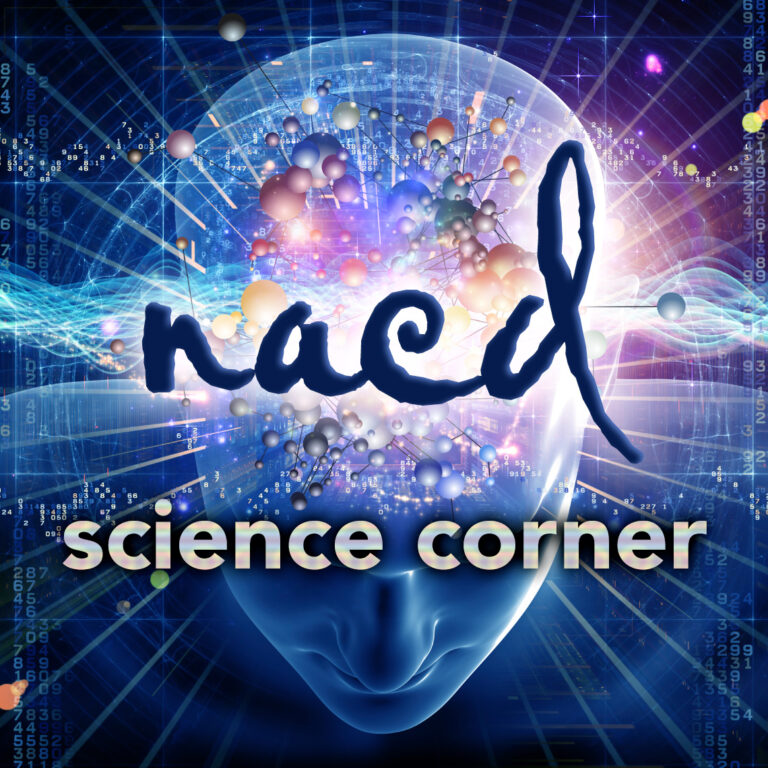NACD Science Corner Vol. 11 – Study Links Child Prodigies & Working Memory
A 2012 study of child prodigies conducted by Joanne Ruthsatz and Jourdan B. Urbach found that all the children studied tested in the 99th percentile for working memory. Each of the child prodigies tested at what was considered a moderately elevated intelligence and exhibited high scores relative to their attention to detail. But the most…





